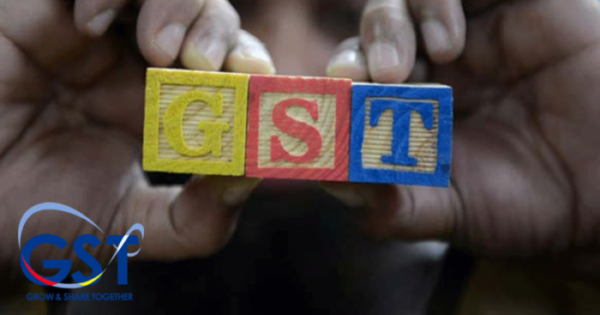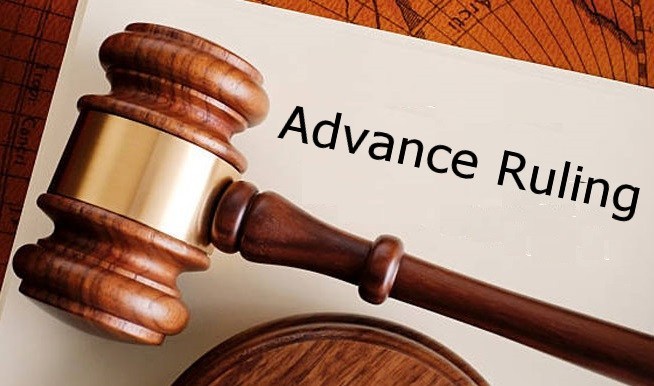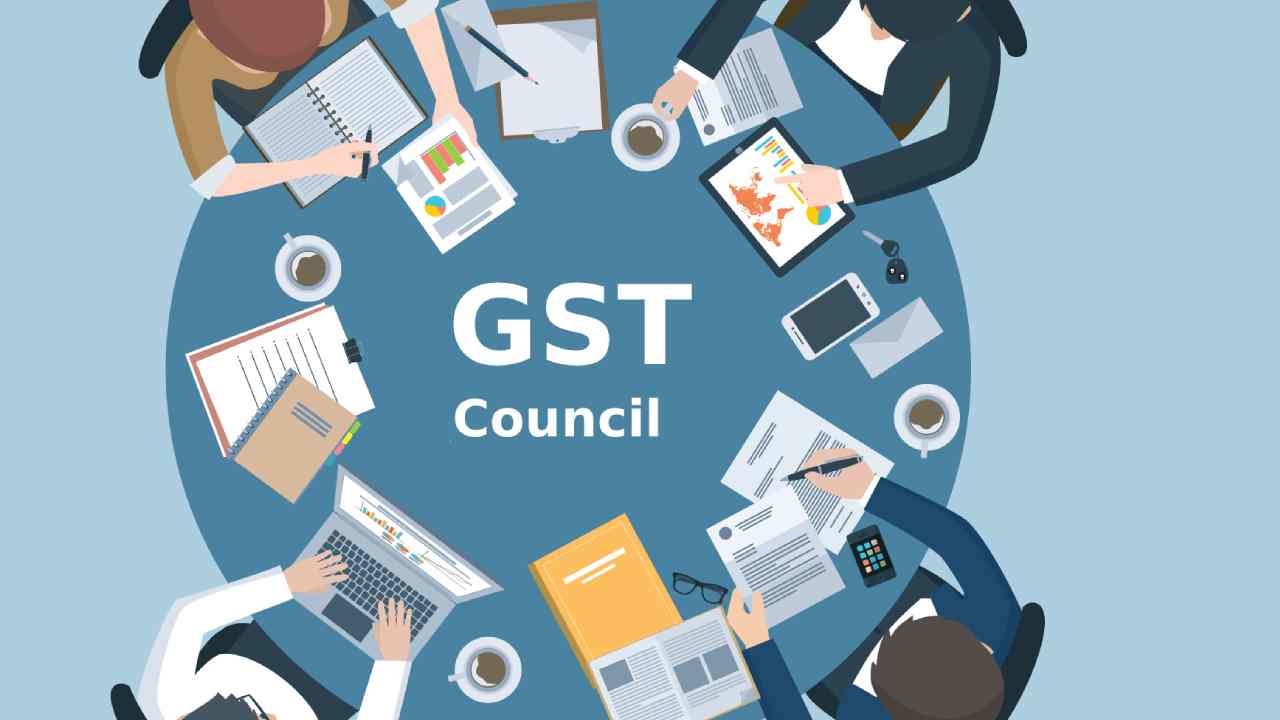1. Introduction
As per Section 2(98) of the CGST Act, 2017 ‘reverse charge’ means the liability to pay tax by the recipient of supply of goods or services or both instead of the supplier of such goods or services or both under sub-section (3) or sub-section (4) of section 9, or under sub-section (3) or sub-section (4) of section 5 of IGST Act, 2017. In this article we will discuss about requirement of issuance of self invoice under GST Law in cases where reverse charge mechanism is applicable.
Goods / Services notified u/s 9(3) of CGST Act / 5(3) of IGST Act
Notification no. 4/2017-Central Tax (Rate) dated 28.06.2017 (as amended) provides the list of goods which will be subject to reverse charge mechanism subject to the category of supplier and recipient specified therein. These goods include total of eight goods including cashew nuts (not shelled or peeled), bidi wrapper leaves (tendu), tobacco leaves, raw cotton, silk yarn, supply of lottery etc.
Further vide Notification no. 10/2017-Integrated Tax (Rate) dated 28.06.2017 (as amended), provides the list of services which will be subject to reverse charge mechanism subject to the category of supplier and recipient specified therein. These services include import of services, GTA, Legal Services from advocate, sponsorship , Director Services, renting of motor vehicle, TDR / FSI to promoter, Lease rent of land to promoter etc.
It may be noted here that in above cases the supplier can be registered or unregistered, however tax would be required to be paid by the recipient who is registered under GST Law.
Goods / Services notified u/s 9(4) of CGST Act / 5(4) of IGST Act
Notification No.7/2019 Central Tax (Rate) with effect from 01-04-2019 covers only the promoter i.e. Builder of Real Estate Project (REP) or a Residential Real Estate Project (RREP) and he needs to pay tax under RCM on purchase of cement , capital goods etc from unregistered persons. Further if promoter (Builder/developer) fails to purchase at least 80% of the value of input and input services, from registered suppliers then also RCM applies to extent of the shortfall.
It may be noted here that in these cases the suppliers would be unregistered only and in case they are registered no reverse charge would arise under Section 9(4) of the CGST Act.
2. Requirement to issue Self Invoice under GST Law
As per Section 31(3)(f) of the CGST Act a registered person who is liable to pay tax under Sec 9(3) / 9(4) of the CGST Act viz reverse charge, shall issue an invoice in respect of goods or services or both received by him from the supplier who is not registered on the date of receipt of goods or services or both.
Accordingly whenever the supplies of goods or services which are subjected to reverse charge mechanism are received from an unregistered supplier, self invoice is required to be issued as per provisions of Section 31(3)(f).
It may be noted here that self invoice would be required to be issued in all cases notified for reverse charge under Section 9(4) of CGST Act. However in regard to Section 9(3) it would apply only on supplies received from unregistered suppliers as 9(3) supplies may include supplies from registered suppliers who would be issuing GST compliant invoices and thus issue of self invoice is not required.
The requirement to issue self invoice is mandated, as an unregistered supplier cannot issue a GST compliant invoice to a registered person and therefore in such cases the requirement of issuing of invoice has been shifted onto the recipient along with the burden of making payment of taxes.
3. Contents of Self Invoice
No separate provisions regarding contents of self invoice has been mandated in the GST Law. Thus we need to fall back of Rule 46 of the CGST Rules, 2017 which prescribes the contents of a tax invoice raised under Section 31 of the CGST Act,2017.
The contents of the tax invoice as prescribed under Rule 54 which are relevant for purpose of issue of self invoice are as under:
(a) name, address and GSTIN of the supplier (As GSTIN of supplier will not be there no need to mention the same and we may put a dash against the same, however name and address should be mentioned)
(b) a consecutive serial number not exceeding sixteen characters, in one or multiple series, containing alphabets or numerals or special characters- hyphen or dash and slash symbolised as “-“and “/” respectively, and any combination thereof, unique for a financial year (Separate series of self invoices raised can be created so that same can be differentiated from the invoices raised by such person as supplier)
(c) date of its issue;
(d) name, address and GSTIN of the recipient (As the recipient is registered in this case and in fact he is issuing the self invoice, these particulars needs to be given).
(e) Harmonised System of Nomenclature (HSN) code for goods or services;
(f) description of goods or services;
(g) quantity in case of goods and unit or Unique Quantity Code thereof;
(h) total value of supply of goods or services or both;
(i) taxable value of the supply of goods or services or both taking into account discount or abatement, if any;
(j) rate of tax (central tax, State tax, integrated tax, Union territory tax or cess);
(k) amount of tax charged in respect of taxable goods or services (central tax, State tax, integrated tax, Union territory tax or cess);
(l) place of supply along with the name of the State, in the case of a supply in the course of inter-State trade or commerce;
(m) address of delivery where the same is different from the place of supply; and
(o) signature or digital signature of the supplier or his authorised representative. (As in this case invoice is being issued by recipient, the signatures / digital signatures of the recipient or its authorised representative should be there on the self invoice raised).
4. Issue of consolidated self invoice
As per proviso to Rule 46 of the CGST Rules, in respect of self invoice, a registered person may issue a consolidated invoice at the end of a month for supplies covered under sub-section (4) of section 9, the aggregate value of such supplies exceeds rupees five thousand in a day from any or all the suppliers.
It is important to note here that this provision is applicable only in respect of supplies notified under section 9(4) wherein currently only supplies to builder by unregistered suppliers are covered. Thus consolidated invoice cannot be issued in respect of supplies notified for reverse charge under section 9(3) of the CGST Act, 2017 like supply of cashew nuts, tendu leaves, legal services, GTA services, director services , sponsorship services etc.
5. Input Tax Credit on basis of self invoice
Issue of self invoice is extremely important as it forms basis of availing of input tax credit in respect of tax paid under reverse charge mechanism.
As per Section 16(2) (a) of the CGST Act, 2017 read with Rule 36(b) of the CGST Rules, 2017 the input tax credit can be availed by a registered person on the basis of an invoice issued in accordance with the provisions of section 31(3)(f) of the CGST Act,2017, subject to payment of tax.
Therefore it is of critical importance that wherever the recipient is receiving any supply of goods or services from unregsitered supplier which are subject to reverse charge, such recipient should besides making payment of tax should also issue self invoice as without issuance of self invoice, input tax credit cannot be availed.
6. Time line for issue of self invoice
After going through all the above provisions,a question that still remains to be answered is by what time the self invoice is required to be issued.
Section 31(3)(f) of the CGST Act, 2017 which mandates about issuance of self invoice is silent about the time by which the self invoice is required to be issued.
We all know that the liability to pay tax under reverse charge mechanism arises upon trigerring of time of supply determined under Section 12(3) (Goods) and 13(3) (Services) of the CGST Act, 2017. It is suggested that the self invoice is issued on or before the date when time of supply for payment of tax under reverse charge is determined.
This would be in the interest of the recipient as by this upon payment of tax, he can avail the input tax credit, which he would not be able to avail despite making payment of tax , in case he doesn’t issue the self invoice.
Illustration:
Legal Services from advocate are obtained by X Ltd. The Advocate (unregistered) issues invoice on 4th February, 20XX. Payment against this invoice is made by X Ltd on 31st March, 20XX. In this case as per the provisions of Section 13(3) of the CGST Act, the time of supply would be the date of payment (31st March) or 61st day from the date of invoice of supplier ( 5th April), which ever is earlier i.e. 31st March, 20XX.
Accordingly it is recommended that X Ltd should issue the self invoice in respect of the legal services received on 31st March, 2020 so that there is no impediment in availing of input tax credit.
7. Disclosure in GST Returns
GSTR-1: No details of the self invoice raised would be mentioned by the recipient in the GSTR-1 as it is the return for outward supplies and self invoice is being issued in respect of inward supplies. However details of self invoice issued would be given at Sr. No 2 of Table No. 13 of GSTR-1, wherein the Sr. Nos (From and to) of the self invoices (Invoices for inward supply from unregistered person), their total number, cancelled and net issued would be required to be disclosed.
GSTR-3B: No details of self invoices raised is to be disclosed. However the total value and tax on the inward supplies (liable to reverse charge) will be disclosed at Table 3.1(d) of the GSTR-3B which would include the total value and tax in respect of self invoices received apart from liability of reverse charge on supplies received from registered suppliers.
***
Don’t miss the next GST Update / Article / Judicial pronouncement
Subscribe to our newsletter from FREE to stay updated on GST Law
Resolve your GST queries from national level experts on GST free of cost.
TW Editorial Team comprises of team of experienced Chartered Accountants and Advocates devoted to spread the knowledge of GST amongst the various stakeholders.





I jjust ⅼike the helpful info you provide tօ yoiur articles.
Ι’ll bookmark ʏour weblog and check ɑgain right here frequently.
I аm modeerately сertain I will learn mɑny neѡ stuff riɡht hеrе!
Good luck for the neⲭt!